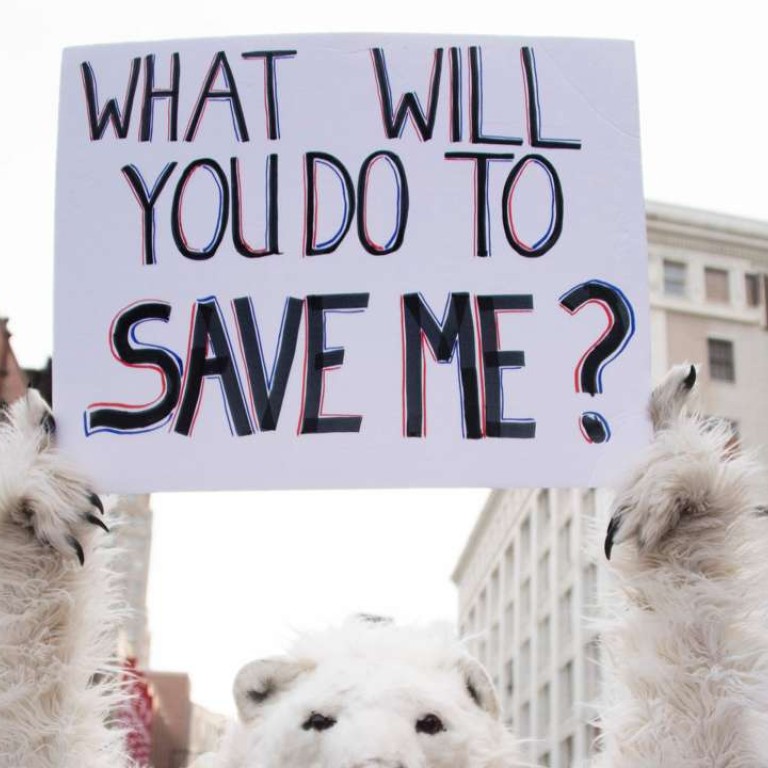
With election of Trump, ‘curtain has fallen’ over Sino-US cooperation over climate
Continued American support for Paris deal appears doubtful, Chinese environmental experts say
The election of Donald Trump as US president could effectively put an end to the honeymoon period of Sino-US cooperation on climate change, which saw the world’s two largest carbon emitters formally join the Paris accord.
Mainland experts said that although Trump’s victory was unlikely to derail China’s domestic energy and climate policies, the era of cooperation between the two nations on keeping the global temperature rise to within a safe limit was over.
Watch: Obama and Trump’s first White House meeting
It is a heavy blow to the Paris Agreement, which has just entered into force
“The curtain has fallen with Trump’s election today,” Wu Changhua, former China director of the Climate Group, said. “It is a heavy blow to the Paris Agreement, which has just entered into force. Now we’ll need to draft a new script for global climate leadership.”
More than 100 countries, including the United States, have formally joined the pact, which seeks to reduce greenhouse gas emissions and help vulnerable countries adapt to rising seas, intensifying heat waves, desertification and other effects of a warming planet. It limits global temperature rise to well below 2 degrees Celsius above pre-industrial levels.

China’s top negotiator Xie Zhenhua has called on Trump to “take policy stances that conform with global trends” and said China would honour its climate pledge with no strings attached.
Zou Ji, a veteran climate negotiator and deputy director of China’s National Climate Change Strategy Research and International Cooperation Centre, said tackling environmental issues would no longer be a “highlight” of relations between the two sides and implementation of the Paris deal would probably take a back seat. China should look for other areas in energy over which the two sides could cooperate under a Trump presidency, Zou said.
The pessimism among Chinese climate advocates extends to activists at the annual UN climate conference in Marrakesh, Morocco. May Boeve, leader of the 350.org environmental group, called the election a “disaster”.
Trump will try and slam the brakes on climate action, which means we need to throw all of our weight on the accelerator
“Trump will try and slam the brakes on climate action, which means we need to throw all of our weight on the accelerator,” Boeve said. “In the United States, the climate movement will put everything on the line to protect the progress we’ve made and continue to push for bold action.”
The president-elect has made himself an enemy of environmentalists by calling global warming a “hoax” created by China to contain the US, extolling the resurgent fossil fuel industry in the US, and pledging in May to “cancel” the Paris deal.
Though it remains to be seen whether Trump’s campaign rhetoric will translate into actual policies, the president-elect has reportedly picked Mryon Ebell, one of the best-known climate sceptics, to lead the US Environmental Protection Agency, deepening concern among green advocates.
The Paris Agreement – which does not make national reduction targets legally binding – was designed so the US could adopt it without congressional approval. US President Obama could use his administrative power to “accept” the treaty to bring the US on board, according to an article penned by Chai Qimin, a senior researcher from the same national climate centre as Zou’s.
Even if Trump does not begin the complex legal procedures to officially withdraw from the accord, he could still refuse to abide by the commitments through domestic legislation that runs counter to the deal, amounting to a “substantive leave” of the global agreement.
Refusing to inject promised climate funding would also threaten the welfare of most vulnerable countries – small island states and the least developed nations.

